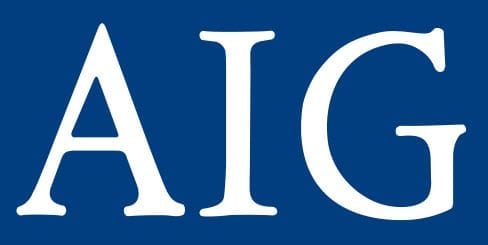The Treasury Department has just announced its latest insurance industry move with the sale of all of its remaining shares of American International Group (AIG), which brings to a close the largest bailout from the U.S. government in the 2008 financial crisis.
That represented the last of the sales of the 16 percent ownership that the Treasury had of AIG. Through the sale of these shares, the Treasury has announced that it received $22.7 billion more than the amount that it invested into the bailout, which was $182 billion. This money had been used to help to support the massive insurer throughout the worst of the financial crisis four years ago.
This insurance industry bailout was the biggest government package, including loans and federal guarantees.
As a result of the sale of the common stock from the insurance industry, this brings the Treasury to a positive return level of $5.0 billion, while the Federal reserve achieved its own positive return that totaled $17.7 billion. A portion of the overall return that the Treasury has received included a $4.1 billion positive return on its holdings of common stock as well as a $0.9 billion positive return on its holdings of preferred stock.
On the other hand returns from the holdings from the Federal Reserve of this part of the insurance industry included $6.8 billion from the loans to AIG from the Federal Reserve Bank of New York, in addition to the preferred interests holdings in the AIA Aurora and ALICO special purpose vehicles of $1.4 billion which was the largest part of AIG’s foreign life insurance subsidiaries, as well as a combined positive return of $9.5 billion on the special purpose vehicles of Maiden Lane II & III.
Since receiving the insurance industry bailout from the government during the financial crisis, AIG took on a significant restructuring effort, which helped it to build its capability for repayment of the taxpayer dollars.


